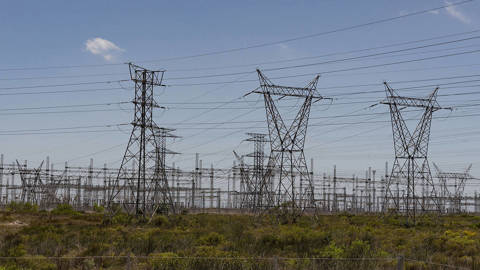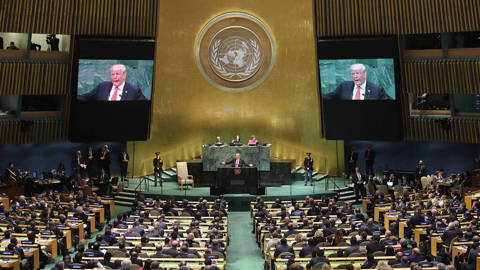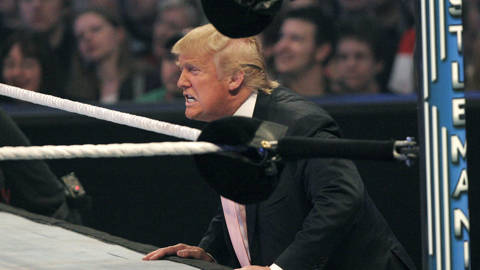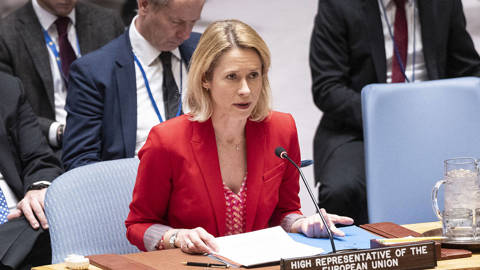Agustín Carstens
Agustín Carstens, a former governor of the Bank of Mexico, is General Manager of the Bank for International Settlements.
-
The Rise of the Finternet

The Rise of the Finternet
May 10, 2024 Agustín Carstens & Nandan Nilekani foresee a world in which cheap, secure, and near-instantaneous financial transactions are available to all.
-
CBDCs for the People

CBDCs for the People
Apr 18, 2022 H.M. Queen Máxima of the Netherlands & Agustín Carstens consider the choices that central banks will need to make to ensure that digital currencies foster inclusion.
-
The Great Reallocation

The Great Reallocation
Oct 12, 2020 Agustín Carstens advocates a COVID-19 recovery strategy that combines structural reforms and targeted fiscal support for firms.
-
Harnessing the Fintech Revolution

Harnessing the Fintech Revolution
Jan 14, 2019 Agustín Carstens explains how policymakers can reap the benefits of new innovations, while containing the downside risks.
-
The IMF’s Overlooked Revolution
The IMF’s Overlooked Revolution
Apr 25, 2008 Agustín Carstens








